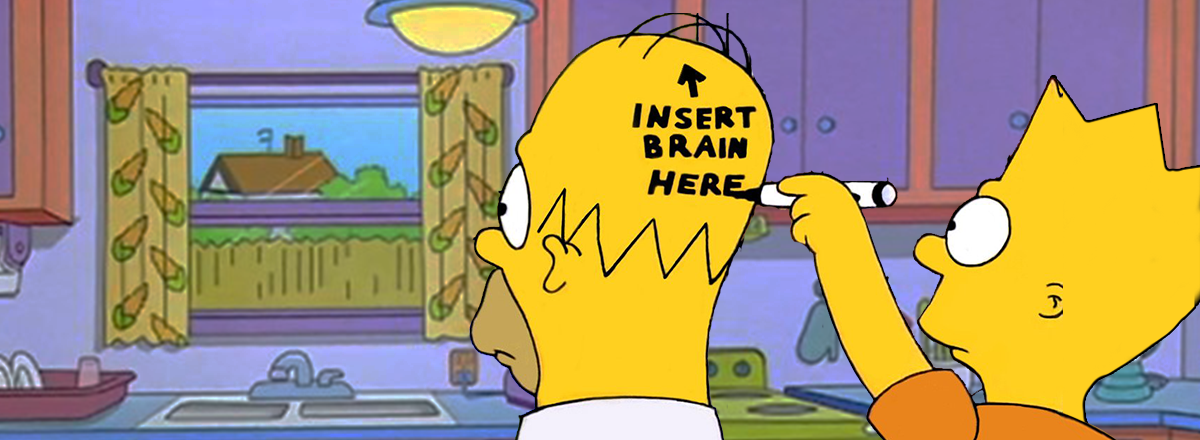The US Government issues about 55,000 Green Cards annually. The Green Card lottery itself attracts millions of people who are willing to participate (to be exact, approximately 10 million every year). Thus, the odds of winning a Green Card are 1 to 200. The winner is randomly chosen by a computer-generated program. And here you are, a lucky one holding the American Dream in a form if a Green Card in your hands! But even if the world is your oyster and it seems like with a Green Card you can get any job, pure luck is not enough.
Knowing the Language of the Country You Live in Is a Must!
Here’s the story of my life.
After becoming that lucky one and receiving a Green Card, I felt like getting a job wouldn’t be any trouble at all. Since I was a graduate of the English Philology and, as I thought at that time, knew the language perfectly, I decided to apply for an English teacher position at an English language school.
I sent my resume and immediately received an invitation for an interview. I came with a firm belief that I would be hired. However, then the questions “Tell us about your work experience” and “What was your previous job” followed. Everything was going well until I had a slip of the tongue and said that I used to work as an entrepreneur in Israel. As you might have guessed, I didn’t put that on my resume because I wasn’t an entrepreneur at all.
The interviewers wanted to clarify everything and asked me whether I was an “entrepreneur” or an “interpreter” in Israel. Without hesitation, I once again said that I was an entrepreneur. Then they asked me why I didn’t include it in my resume. At that moment, I realized I had made a mistake. But by that time, I felt so embarrassed that I had to lie and tell that allegedly I was both an entrepreneur and an interpreter because I used to live in Israel for some time.
And so the interview ended. I was disappointed and angry with myself simply because I had mistaken one word for another and had not admitted it.
Despite all this, though, in a few days, I received a phone call and found out that they were ready to give me the job. I had to refuse. It seemed like it was unacceptable for a teacher to use words like these wrong and confuse them. Moreover, I was utterly ashamed because I deceived my potential employer.
The bottom line is do not be afraid to admit your mistakes. The ability to do it is a great virtue and high art. Not everyone can step back, accept the error, and make amends. Many people believe that acknowledging a mistake makes a person weak.
Why is it so hard to admit our mistakes, what stands in the way of doing it? The answer is fear, actually. The fear of being defeated, not good enough, not smart enough, unrecognized, and rejected. That time taught me not to be afraid and to admit my mistakes.













